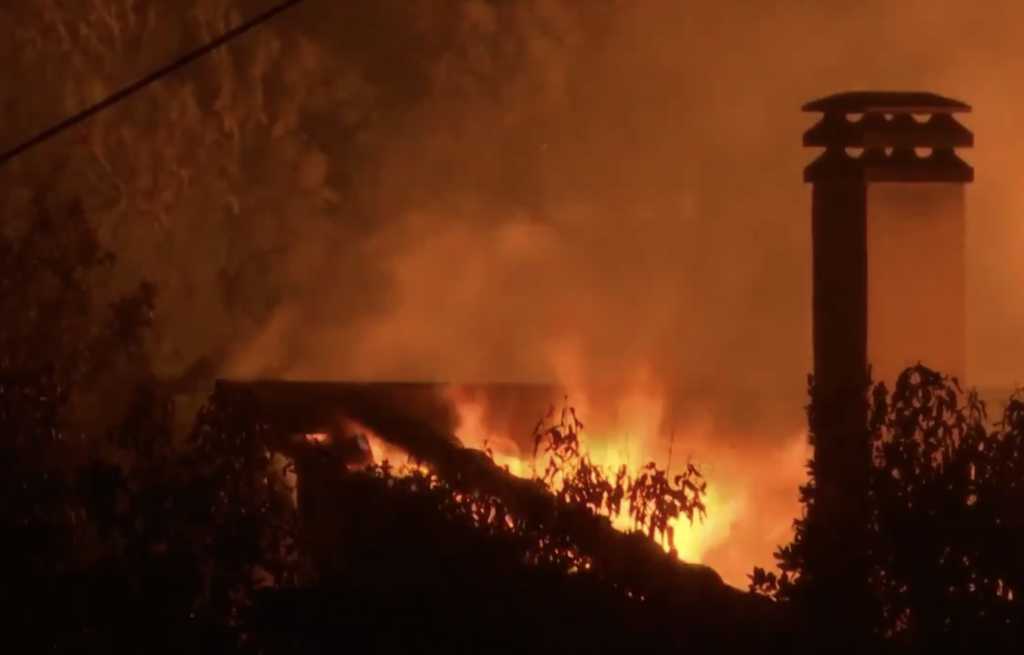Wildfires are raging just outside of Athens, Greece, in a catastrophe one newspaper described as “apocalyptic,” and now a Greek Orthodox bishop is claiming the fires are a sign of God’s wrath because of the prime minister’s religious beliefs.
So far, the deadly wildfires have killed at least 81 people, Reuters reported, and according to a Patheos blogger, Bishop Ambrosios of Kalavryta, a leader in the Greek Orthodox Church, believes the blame falls to the country’s prime minister, Alexis Tsipras.
Tsipras is an atheist.
The bishop, whose name is Athanassios Lenis, tore into Tsipras in a personal blog post, where he rebuked the prime minister and his atheist “collaborators” for causing the catastrophic fires, according to the Daily Sabah.
Greece’s worst wildfire in a decade pic.twitter.com/bRO93AIVd9
— Ruptly (@Ruptly) July 25, 2018
“Because of you, Greece is being destroyed!” Lenis wrote. “Because of you, God has abandoned us!”
Earlier in the most, he described the blaze as “a very clear celestial message,” apparently meant for Tsipras.
Ieronymos II, the archbishop of Athens and all Greece, criticized Lenis’ statement, calling the bishop’s intense rhetoric “sad.”
“Personal opinions have a limit,” he said, adding God communicates through love and doesn’t take revenge.
In addition to the 81 lives lost, there are at least 186 survivors who are seriously injured and nearly 100 people missing, CNBC reported Wednesday. While Lenis might be blaming Tsipras over religion, Greek residents are blaming the government for a lack of preparedness.
Footage shows the ravaging wildfires in Greece that have killed 80 people so far pic.twitter.com/66GNHSLuBH
— NowThis Impact (@nowthisimpact) July 25, 2018
The prime minister called the fires an “asymmetrical” phenomenon, but Greek citizens are angry their government didn’t have a robust plan to responsibly address the situation.
Costas Synolakis, a professor of natural disasters in the Technical University of Crete, described the fires as a “national tragedy,” highlighting the fact the country had “no evacuation plan” in place for survivors. As a result, he said, trying to escape the disaster is like “being on a sinking ship.”
“There had not been any drill on how to evacuate this area, and no experience for how much time will be needed to safely rescue, for example, 100 people,” the professor explained. “As a result, even the locals did not know where to go when the fire threatened them. To say it schematically, it’s like being on a sinking ship and you do not know where to go to be saved.”
Please continue to pray for those trapped in the fires’ path and for the government as local officials work to find ways to save as many lives as possible.



